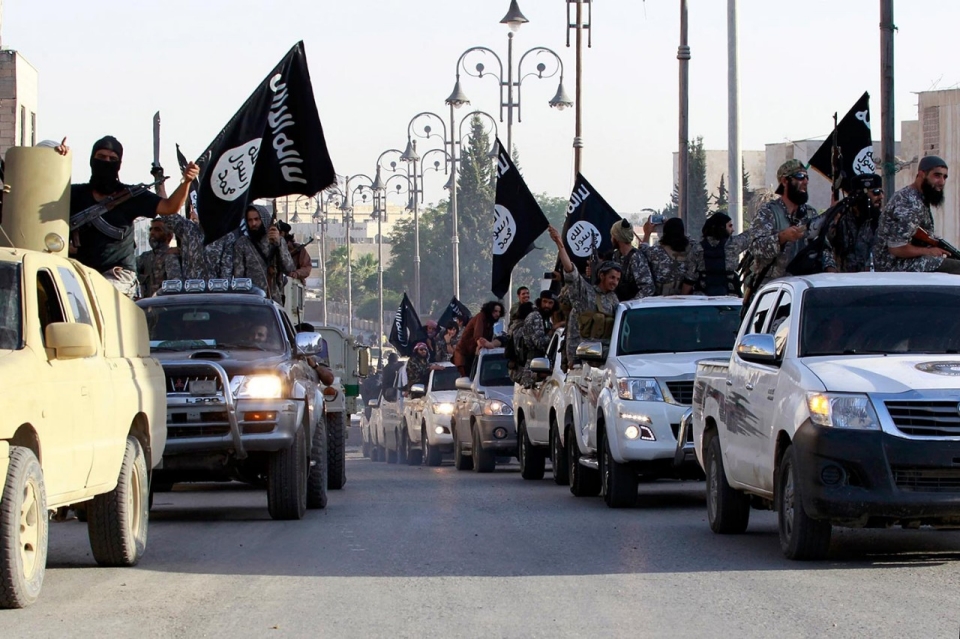“As much as many Iraqi’s and Syrians dislike ISIS, they have greater problems with their own regimes. Because of this, they are willing to put up with what they view as the lesser of two evils”. These were the words of Afro-Middle East Centre (AMEC) researcher, Omar Shaukat, addressing the startling rise of the Islamic State (IS) group, known more commonly as ISIS.
Speaking to VOC Drivetime on the issue, he attributed the socio-economic situation in the Middle East as one of the major underlying factors that has led to the emergence of IS. He also pointed to more contemporary issues, such as recent conflicts in Afghanistan and Iraq, which have led to a rise in radicalized behavior and ideologies.
According to Shaukat, there was a growing “obsession” towards bringing about a drastic reshape of the Muslim world. The United States has been widely touted as being at the forefront of this reshape, and although admitting the U.S were playing their part, he insisted they were not solely to blame.
“The US, being a superpower, bears responsibility more so than other countries. But there is nothing that can be done unless there are local agents working on behalf of them,” he said.
IS have made headlines in recent months for its declaration of a self styled ‘Islamic caliphate’, which spans across Northern Iraq and Syria. Shaukat claimed the formation of the caliphate was something that had been in the works as early as 2006, when the group first declared an Islamic state in parts of Iraq. However, he said they were unable to expand until the conflict in Syria unfolded, providing them with ‘fertile ground’ to spread their boundaries.
They have further provoked anger with the beheading of US journalists Steven Sotloff, and James Foley. Videos of the executions were widely circulated on the internet, and were described as a message to the US for its airstrikes on IS rebels in Iraq.
However, Shauket questioned whether the videos were actually as perpetuated. He suggested that the beheadings may have been released as a propaganda tool, directed towards the group’s own supporters.
“I imagine they don’t think the US are going to back off from these strikes. So for them, they are not really sending a message to the US. Rather, I think it was intended for their own audience,” he suggested.
He said they were well aware the killings would be met with harsh reactions, and were actually banking on this to snowball into something bigger.
“They don’t necessarily think of all the details of how it would work out, but the larger point is they want to get something started,” he said.
From a political strategy perspective, he was skeptical whether military strikes were a solution to the problem, particularly with many of the refugee population in Syria becoming more radicalized, and sympathetic towards the IS cause. He suggested the best way to tackle the crisis, would be to put greater effort towards rehabilitating the refugee population.
“The US itself cannot do this. This needs to be a wider, regional effort,” he said.
Omar Shaukat delivered a pre-Khutbah lecture at the Claremont Main Road Mosque on Friday, addressing the history, ideology, and trajectory of the IS. VOC (Mubeen Banderker)






 WhatsApp us
WhatsApp us 


1 comment
if he is correctly quoted then hes sidestepping the issue, its like saying dont blame the zionists for the problems in palestine,
he doesnt differentiate between causal factors and contributory factors,
the direct or indirect interference and financing and training of the salafi wahabi taliban al qaeda boko haram fsa al nusra isil et al by the usa eu saudis qataris et al are all causal factors of the rise of IS etc